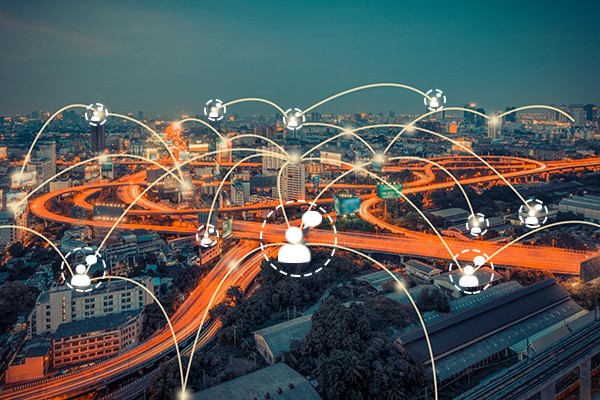Doctoral candidate Wei Zhai and Dr. Zhong-Ren Peng examined the association between neighborhood equity and disaster situational awareness with a case study of Hurricane Florence. Disaster situational awareness means knowing what is happening during a disaster event.

Zhai, W., Peng, Z. R., & Yuan, F. (2020). Examine the effects of neighborhood equity on disaster situational awareness: Harness machine learning and geotagged Twitter data. International Journal of Disaster Risk Reduction, 101611. (https://doi.org/10.1016/j.ijdrr.2020.101611 )
The paper addresses two basic research questions:
- Is the social-economically disadvantaged neighborhood more vulnerable than other neighborhoods from the perspective of disaster situational awareness (SA)?
- Does the Black American neighborhood perceive damages and consequences of disasters differently from the non-Black American neighborhood?
To answer these questions, the paper collected Twitter data and adopted machine learning methods, such as convolutional neural network (CNN) model and latent Dirichlet allocation, to reflect disaster situational awareness during Hurricane Florence in 2018. The paper presented two conclusions: (1) Poor neighborhoods could be more vulnerable from the perspective of disaster SA, this is true regardless of the race composition of the neighborhood. This is reflected in the Tweet data that they have a higher probability of being more negative, compared to being neutral in other neighborhood. (2) People in Black neighborhood perceive less disaster situation and severity than other neighborhoods. This is reflected by tweets from black neighborhoods being less likely to be negative, compared to being neutral, indicating that Blacks may disregard or perceive the severity of the damage the disaster may bring.

The research results also have important implications for resilience planning in terms of building a city to be universally resilient, especially for socially vulnerable groups. Particularly, disaster managers need to do a better job in Black neighborhoods to help black people to realize the potential damages and consequences of disaster situation and prepare for it. Moreover, the problems and needs expressed from poor neighborhoods should be addressed promptly.